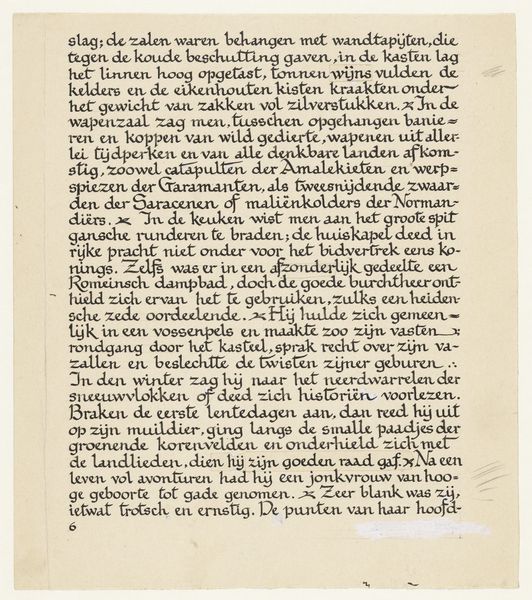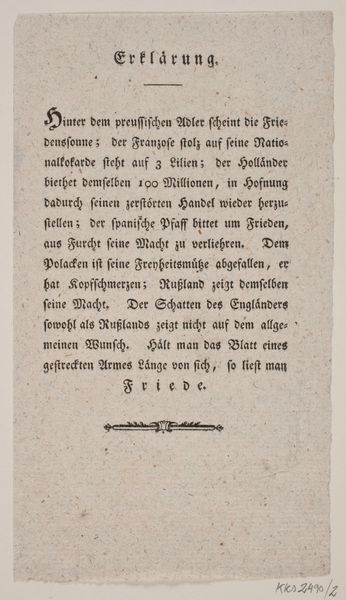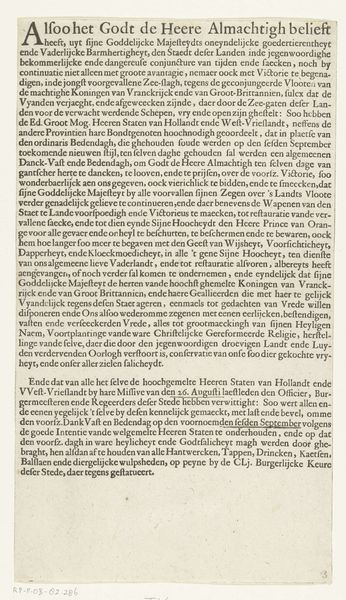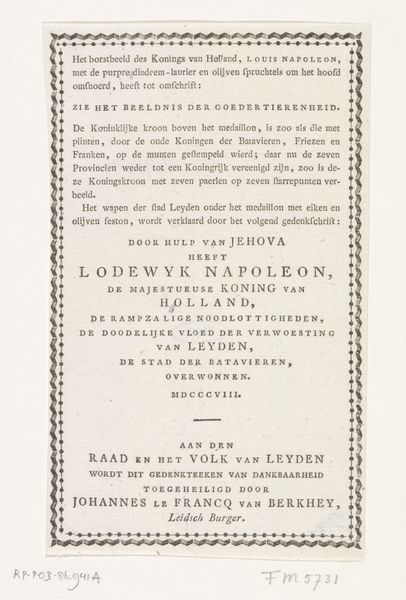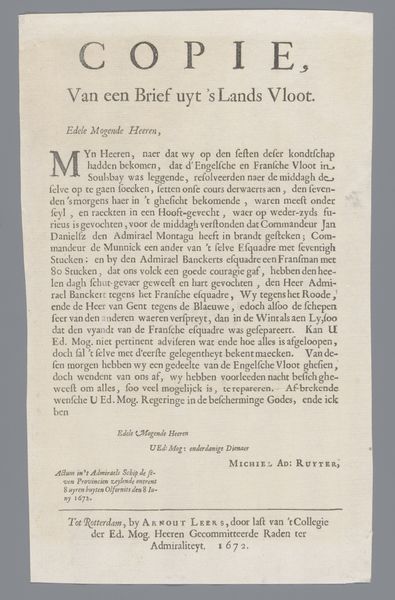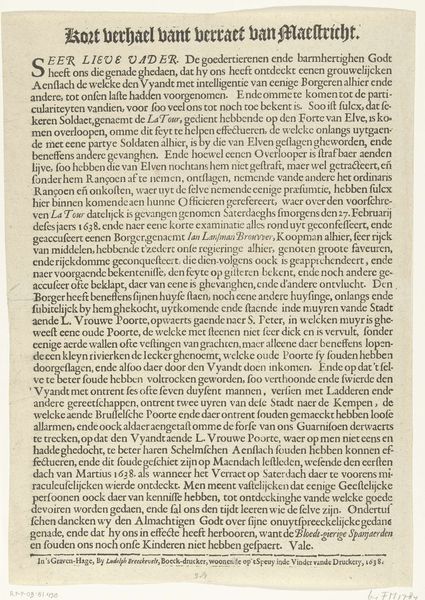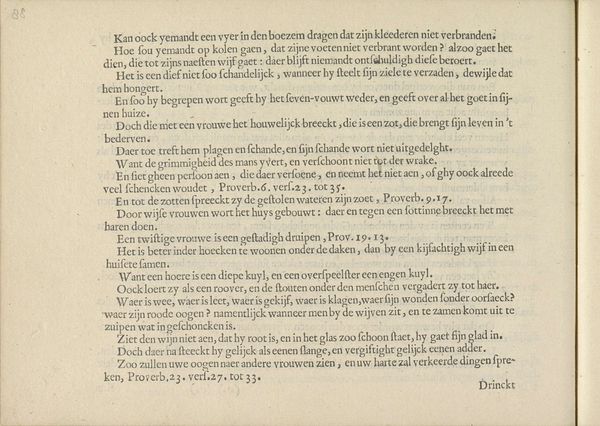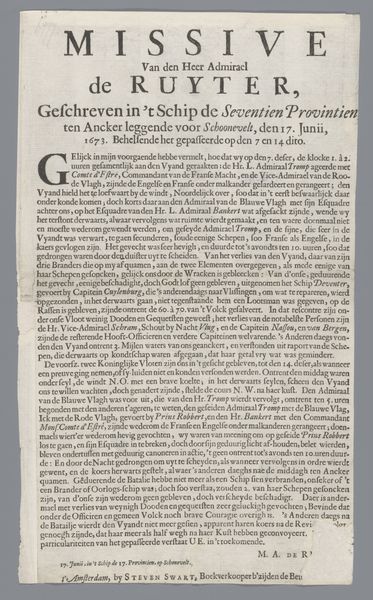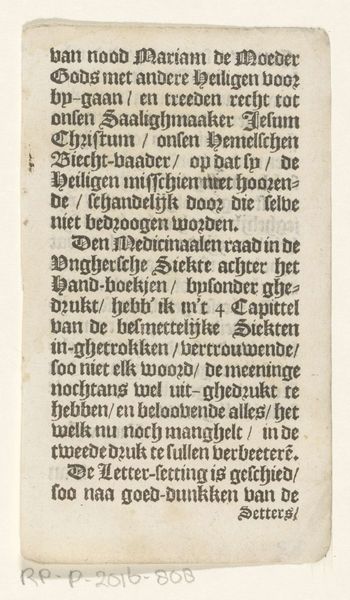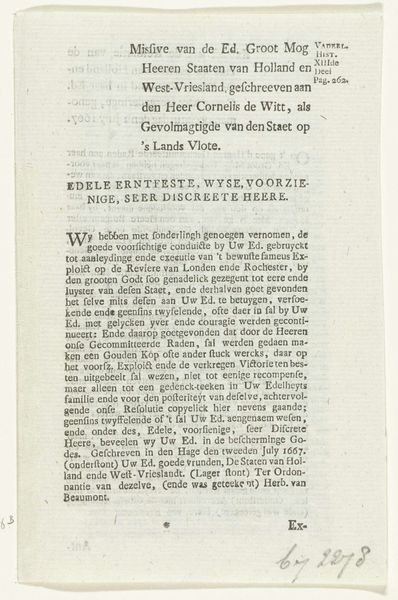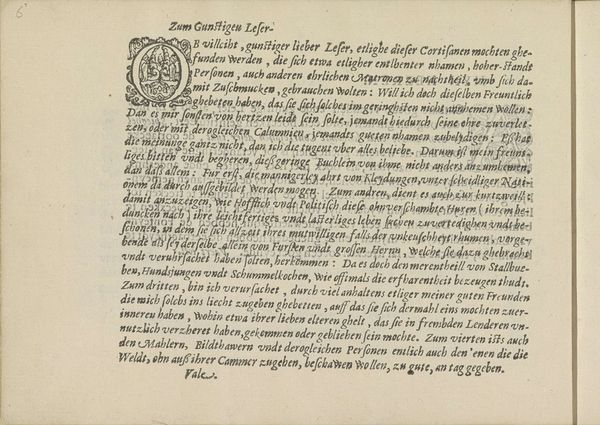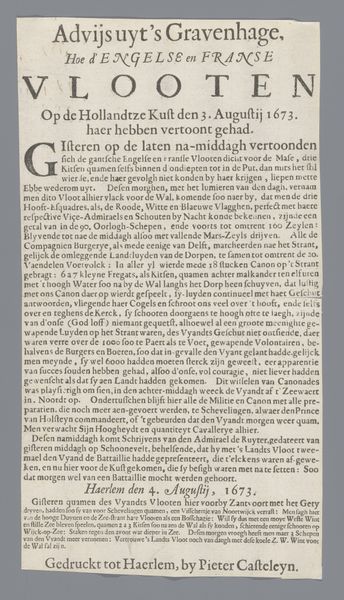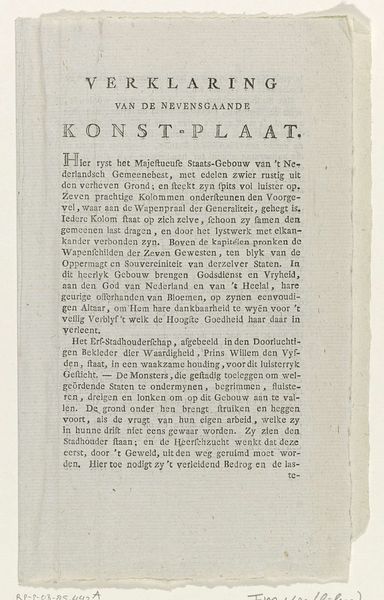
drawing, graphic-art, print, textile, paper, typography
#
drawing
#
graphic-art
#
comic strip sketch
# print
#
textile
#
paper
#
typography
#
folk-art
Dimensions: height 203 mm, width 313 mm
Copyright: Rijks Museum: Open Domain
Made around 1650 by Abraham Willaerts, this painting on panel depicts the House Kronenburg near Loenen on the Vecht, but my attention is immediately drawn to the architectural elements depicted. These structures—the house itself, the stoop, the windows—are not merely stone and mortar, but rather, they are symbols laden with cultural significance. Think of the 'threshold', represented by the stoop, as a spatial representation of a boundary between worlds. This motif reappears across cultures and centuries. It is seen in Roman depictions of Janus, the god of doorways, and in the protective lintel figures in ancient Chinese architecture. The window, seemingly a mere opening, serves as a lens through which the interior gazes upon the exterior, and vice versa. It evokes feelings of longing, curiosity, and the eternal human desire to understand what lies beyond our immediate perception. Consider the psychological implications, the subconscious pull that architectural elements have on our psyche. These are enduring symbols that tap into our collective memory, evoking intense emotional states linked to a deep-seated sense of place, protection, and the unknown. The cyclical nature of symbols means they resurface, evolve, and assume new meanings depending on their unique historical contexts.
Comments
No comments
Be the first to comment and join the conversation on the ultimate creative platform.
